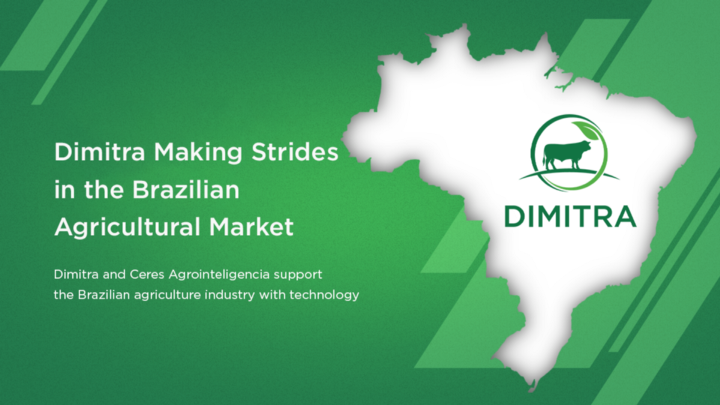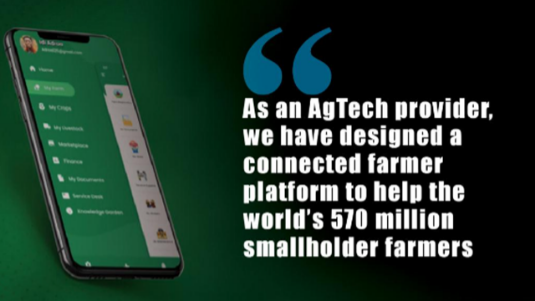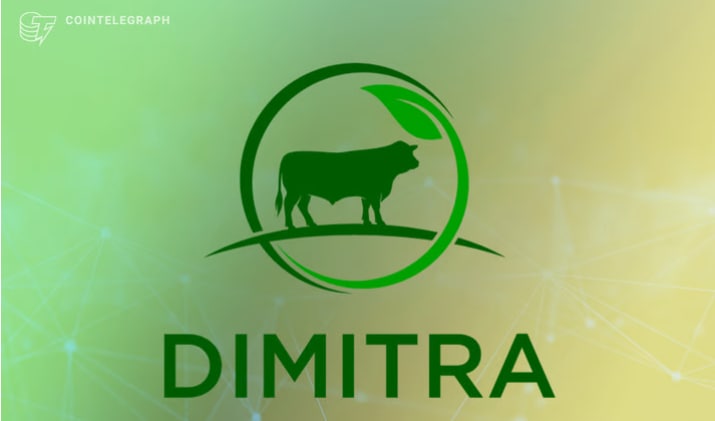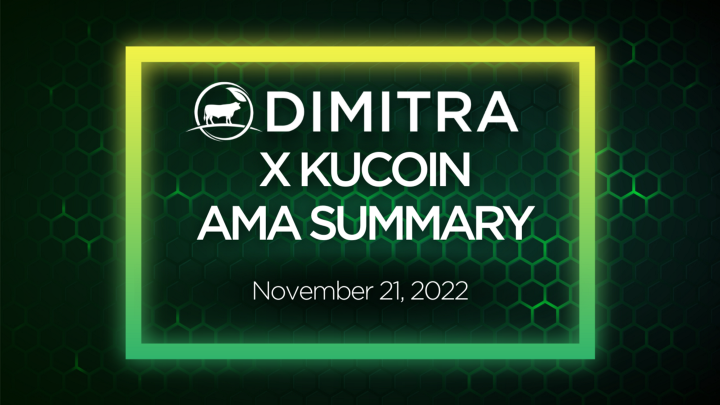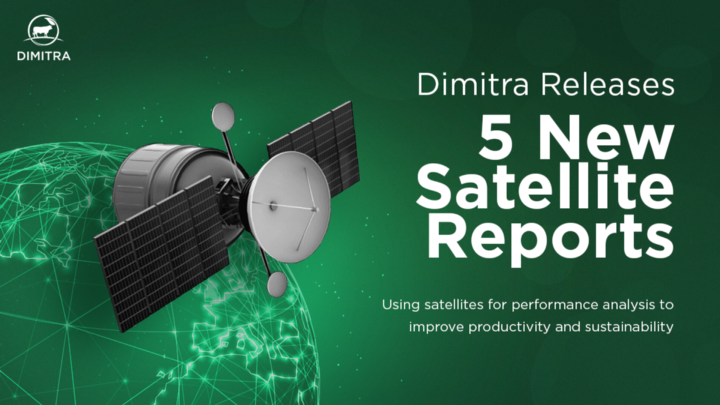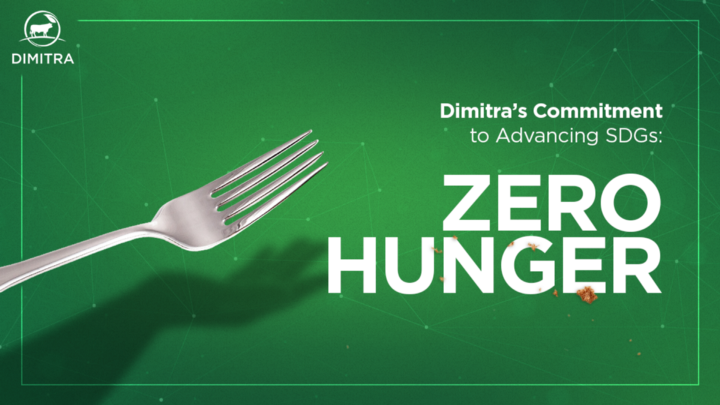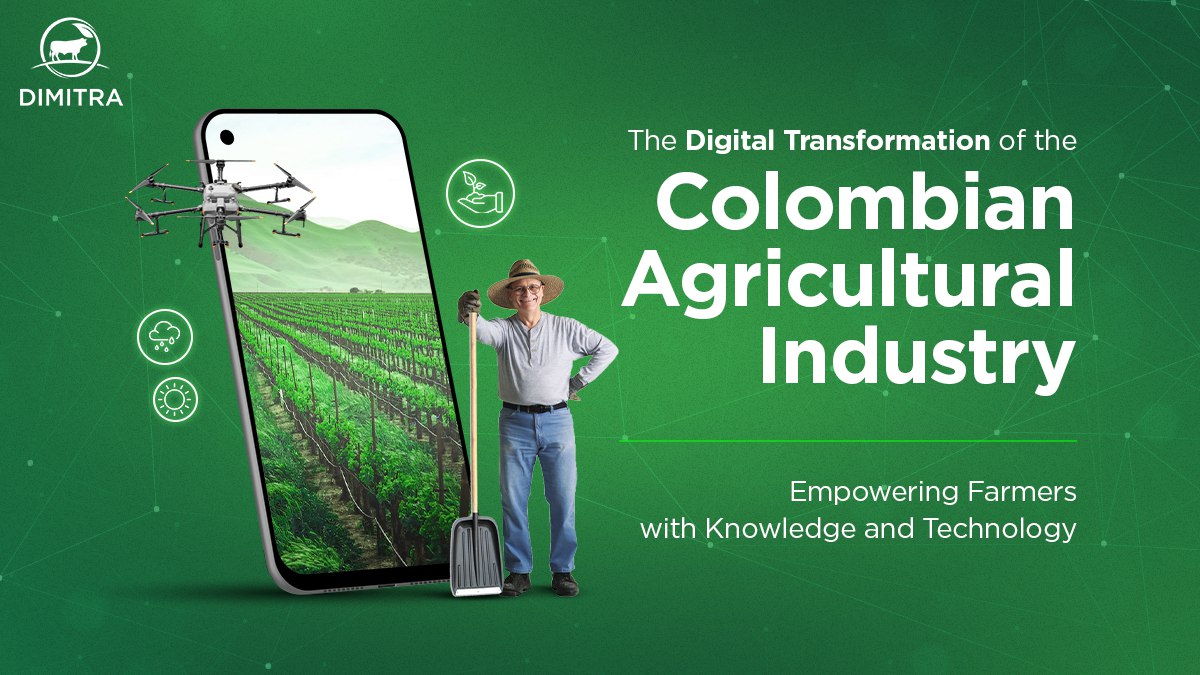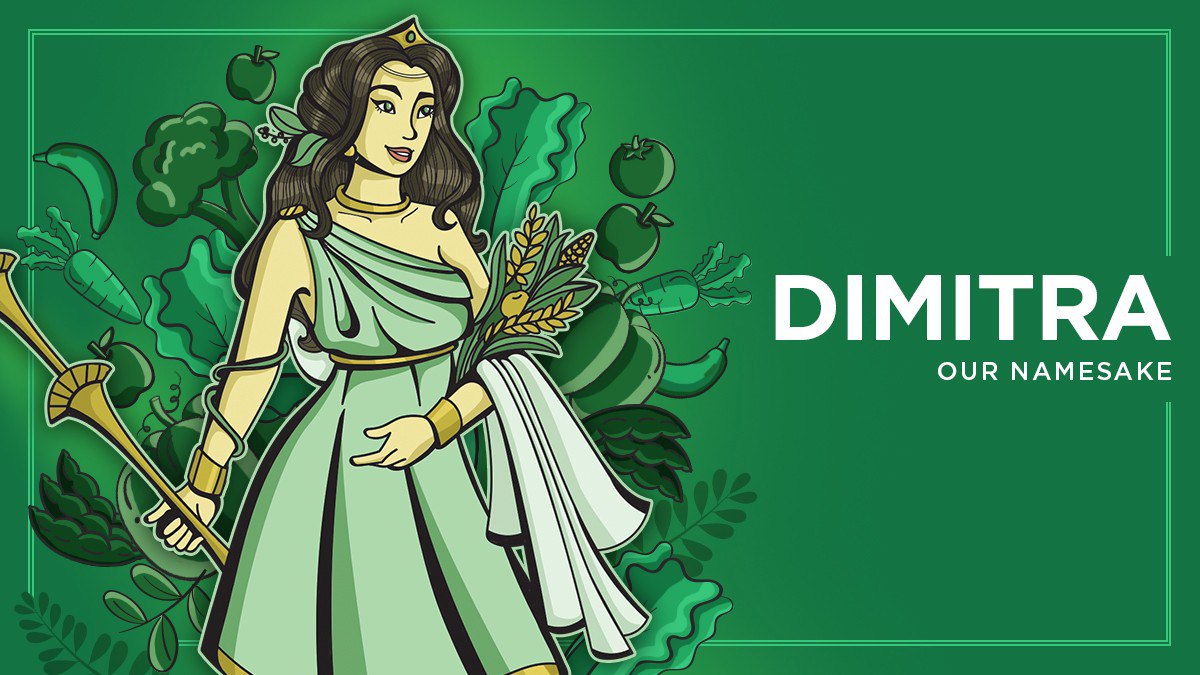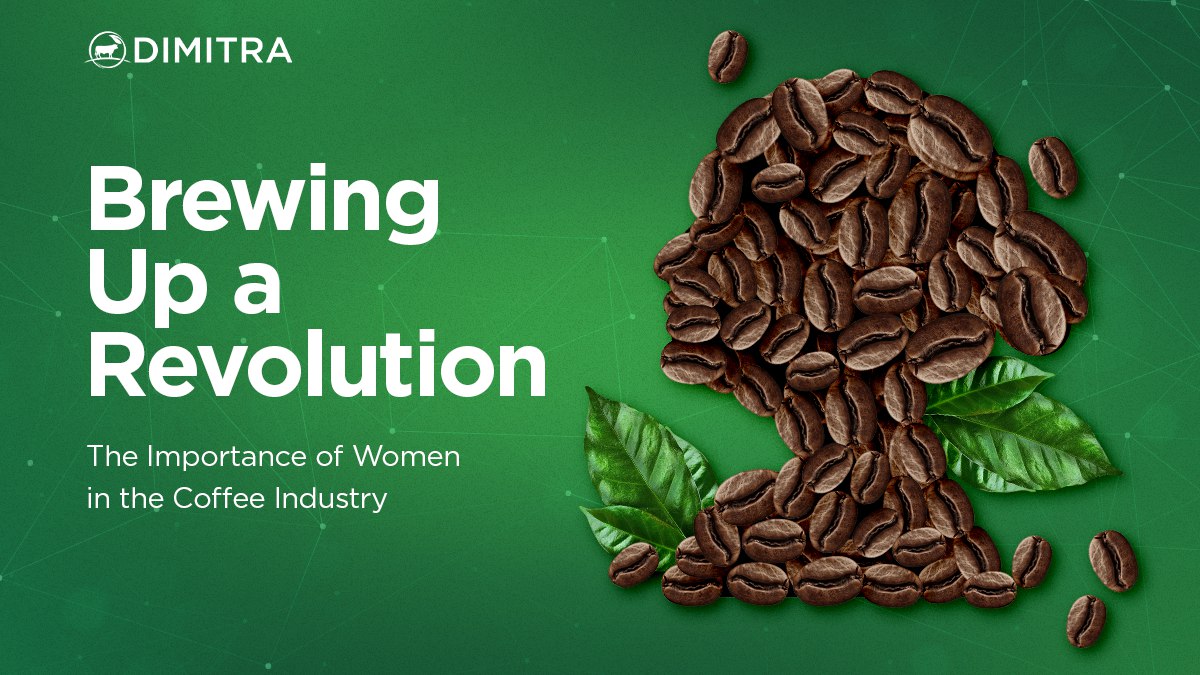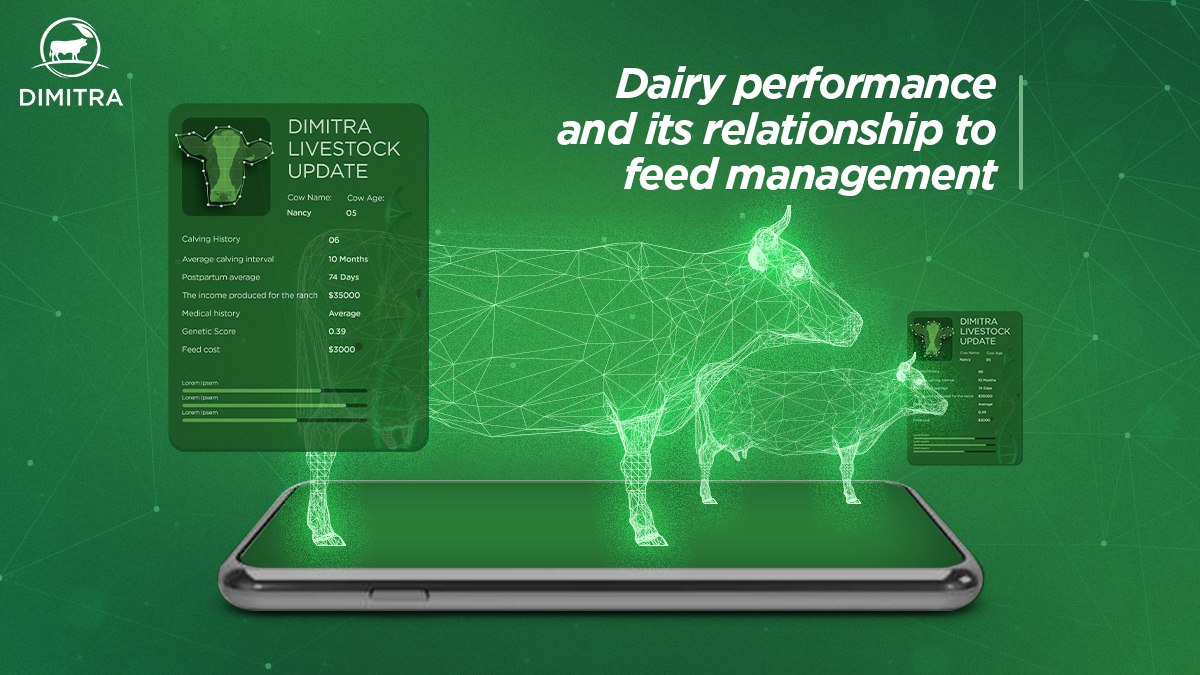Project Introduction
Dimitra is a global AgTech company with a mission to help farmers across the world. Dimitra works with governments, farming cooperatives, agricultural corporations, NGOs, and for-profit organizations. Dimitra’s platforms are built on blockchain technology and incorporate mobile technology, machine learning, IoT devices, satellite and drone imagery, genomics, and advanced farming research. Dimitra’s data-driven approach helps farmers increase yield, reduce expenses, and mitigate risk. Dimitra believes that every smallholder farmer should benefit from simple, beautiful, and useful technology regardless of economic standing. Here is the Dimitra AMA Summary with Kucoin.
Guest Introduction: Jon Trask (CEO Dimitra)
Jon Trask: Personally, I am a globally recognized blockchain expert with extensive experience in cryptography and cryptographic systems, enterprise software development, and designing and implementing complex supply chain applications for multinational corporations.
I am passionate about using the power of information to deliver agricultural technology (Agtech) to small farm holders. Who, while playing a vital role in keeping our world fed, often struggle to feed their own families.
My goal is to get elegant, useful technology into the hands of farms and farmers who need it most. Food security, food safety, agronomy, the climate impact of agriculture, poverty, and world hunger are key issues that are important to me personally.
Q&A from Dimitra AMA Summary x KuCoin
Q: What is the most ambitious goal of your project?
Jon Trask: Great question! The most ambitious goal of the project is to deploy our technology to 100 million farms. If we achieve this, we’ll help feed a lot of people and inevitably change their lives for the better. We’ll also make a significant contribution to manage climate change and improve soil health.
Imagine how many people will transact with our Dimitra token through our ecosystem.
Q: What can we expect from Dimitra and its team in 2023? Do you have a roadmap?
Jon Trask: Yes! As some of our country deals or details of deals under NDA, we can’t always share everything, but we do our best to be as detailed as possible.
Our linktree is the best source of information for everything related to Dimitra: https://linktr.ee/dimitratech
Over the next four months, we are releasing:
Livestock Guru Cloud- November 2022
Marketplace — December 2022
Advanced satellite with 15 additional reports to the existing five reports — October 2022
Farmer points program — November 2022
A farm activity scheduling and calendar tool — December 2022
Another ten crops — we add new crops monthly
Additional languages — Greek, Mandarin, and Turkish — done. We are now at 18 languages
Livestock Guru — Dairy Management — Q1 2023
Livestock Guru — Feed management — Q4 2022
We are also starting on an iOS version of Connected Farmer for launch next year
Q: We heard you had just won an award, please expand on that.
Jon Trask:We are excited to share that Dimitra Technology is the winner of the W3B & Blockchain World 2022 Entrepreneurship Award in the Industry Solutions Category!
This award recognizes start-up companies or technology projects delivering innovative blockchain applications, protocols, or platforms that address blockchain implementation challenges to business, government, and nonprofit contexts. They shortlisted projects from all over the world as finalists and then selected Dimitra as the winner.
We are appreciative of the amazing recognition for our team & community. Special thanks to all of the Dimitra Technology team members representing from afar. We couldn’t have done it without you!
Q: How important is the community for the team, and what steps will be taken by the team to keep the interest of the community & investors intact?
Jon Trask: Community is everything to Dimitra, starting from our internal team and extending to all the farmers we work with who use our platform and our loyal DMTR token holders.
We wouldn’t be here without the community’s support, and our ethos is a community-first approach. Dimitra always listens to our community’s feedback, and we’ll keep updating the community on our latest news.
Q: Do you have any exciting news you want to share with the community?
Jon Trask: We are proud to announce a $20 million capital commitment by GEM DIGITAL LIMITED to develop Dimitra’s platform further, increase user adoption and expand the utility of the ecosystem. Dimitra Secures $20M ‘Capital Commitment’ From GEM DIGITAL
We recently signed an agreement with the Uniagraria University of Colombia. Dimitra and Uniagraria will teach smallholder farmers how to use digital technologies to increase their yield, reduce expenses, and mitigate risk. This is another great university helping spread technology to farmers globally.
We also have some new things coming up soon, so be sure to check our social media and keep an eye out for new updates!
Ask Community Question
Q: Could you tell us about your security strategies, audits and every measure that might protect your users funds and protect their privacy?
Jon Trask: We have been audited by Certik and take security measures across our applications and portal. We have validation steps that enhance our security to minimize risk. We have an active development team and take thrid-party advice from leading cloud security teams.
Q: Partnership and collaborations are the backbones of making every project more widespread. Can you list some of your partners with us?
Jon Trask: We have amazing partners, Ocean Protocol, Morpheus Network, Blockchain Research Institute and many others, please follow the link https://dimitra.io/about-us/#partners
Q: As a newcomer to crypto, I have always faced difficulties in navigating through the UI of many platforms. And these clumsy UI have always been difficult for newbies. So,is the #DIMITRA Platform user friendly platform & ensure a hassle free & clean interface for users?
Jon Trask: Yes, we spend a lot of time working on the UI of our platform and take feedback from our users to make improvements. UX is important, particularly with farmers who need to have simple and efficient ways to enter their data
Q: Recently due to the solvency risk of FTX has created a huge negative impact of crypto currency and led to crash, Is your project impacted by this?
Jon Trask: We do not have a direct impact due to the FTX problems. Certainly it is creating challenges in the market with price and market credibility. We are a project with real-world application and revenue in the agriculture and food markets and that creates advantages for us that many projects don’t yet have.
Q: Do you have any plans to integrate farmers into your system, given that your ecosystem is devoted to the agricultural sector?
Jon Trask: We already have farmers integrated into our system. We have been onboarding cooperatives and governments for several months now and are going to continue to expand the number of customers monthly.
End of Dimitra AMA Summary
